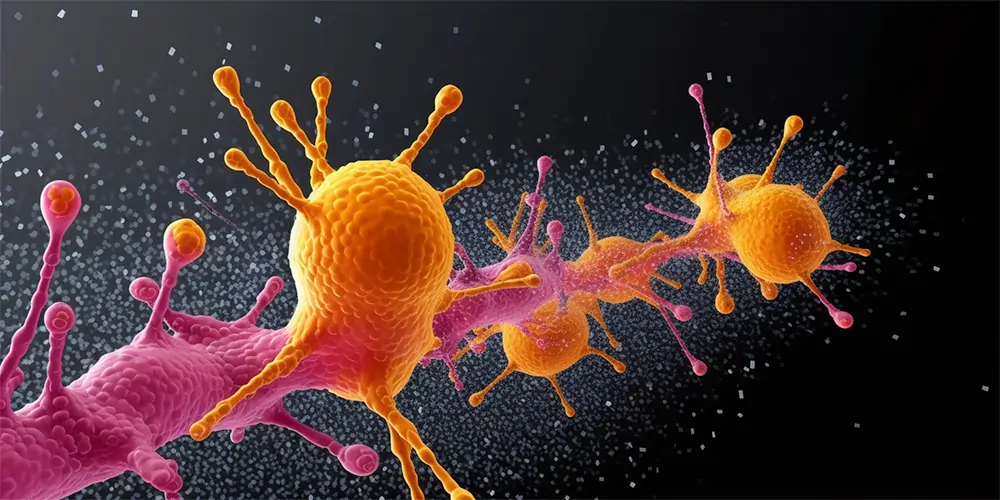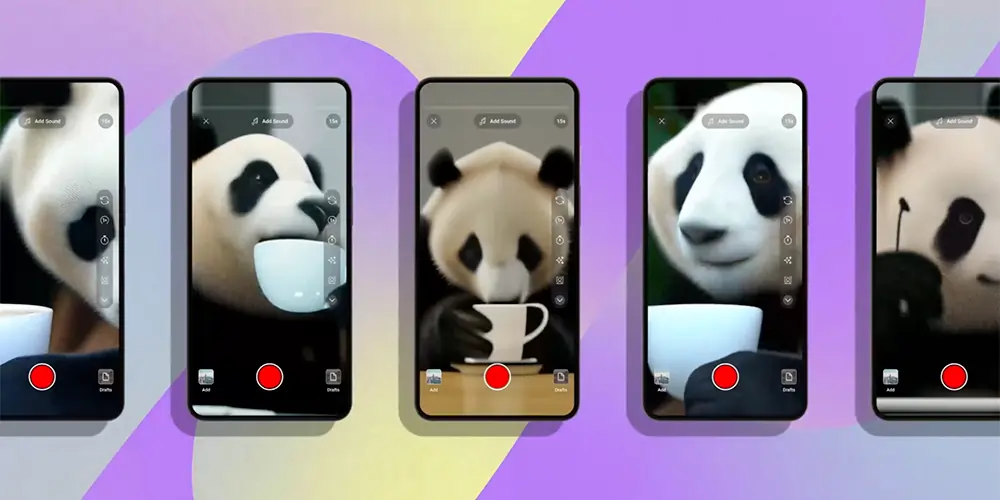Google has just unveiled its latest innovation, MusicLM, a generative AI system capable of composing music in response to written prompts.
The tech giant has made its AI music tool, albeit in a limited capacity, available to the general public in a move that will open up new pathways for AI music generation.
The announcement comes after Google had previously expressed reservations regarding the potential misuse of copyrighted material by MusicLM.
The AI’s capacity to directly incorporate copyrighted content into the generated songs had raised ethical concerns within the company. However, this year has seen a significant shift in the generative AI landscape, prompting Google to reconsider its position.
How MusicLM Works
MusicLM operates much like other generative AI tools such as ChatGPT, Dall-E, and various ChatGPT alternatives.
It uses a written prompt to create a piece of music. For instance, if given a prompt like “An upbeat rhythm with acoustic guitars for a sunny day at the beach,” MusicLM will attempt to compose a tune based on that description.
The AI can craft music using a range of instruments and even create vocal tracks. However, don’t expect comprehensible lyrics from the AI vocalists. The vocal tracks tend to produce more atmospheric sounds that contribute to the overall feel of the song rather than forming a coherent lyrical structure.
Google’s product managers, Hema Manickavasagam and Kristin Yim, explained, “We’ve been working with musicians like Dan Deacon and hosting workshops to see how this technology can empower the creative process.”
Limitations and Concerns
Despite its promising capabilities, MusicLM isn’t without its limitations.
The tracks generated by the AI often feel generic, a common problem with most generative AI that learns by amalgamating music it has previously encountered.
The AI struggles to understand the emotional nuances of music and why certain compositions invoke specific emotions.
Another limitation of MusicLM is its inability to generate music in the style of a particular artist. You can ask for a genre-specific track, such as hip-hop or western, but not for a tune from famous artists—any attempt to do so results in an error message.
However, many artists may view this as a positive attribute, protecting their unique styles from potential AI replication.
Accessing MusicLM
To access MusicLM, visit the official page to get started.
As of writing, you must already have Google’s AI Test Kitchen account. If not, you’ll receive a pop-up message informing you that the AI Test Kitchen is gradually opening up to small groups of testers.
You’ll then have the opportunity to join a waitlist for eventual access.
To join the waitlist, click on the “Register your interest” button and complete a short survey detailing your location and reasons for wanting to join the Test Kitchen.
Impressions and Potential Use Cases
When the concept of MusicLM first emerged, it was met with jaw-dropping reactions due to its seemingly limitless creative possibilities.
The AI appeared to be an extraordinary tool for music production, with the ability to generate fully orchestrated, mixed, and recorded pieces of music based on simple text prompts.
However, the public release version of MusicLM has curbed some of this enthusiasm. The version now available to the public has more restrictions compared to the original demo, likely due to concerns about copyright issues.
The AI’s inherent capacity for “plagiarism” also raises questions about the originality of the music it generates. As a system trained on vast amounts of pre-existing music, its compositions often involve drawing upon patterns and structures it has learned rather than creating entirely new pieces.
Despite these concerns, there is no denying the potential of MusicLM. For video editors, producers, and musicians, the AI could serve as a powerful tool for soundtracking and idea generation.




